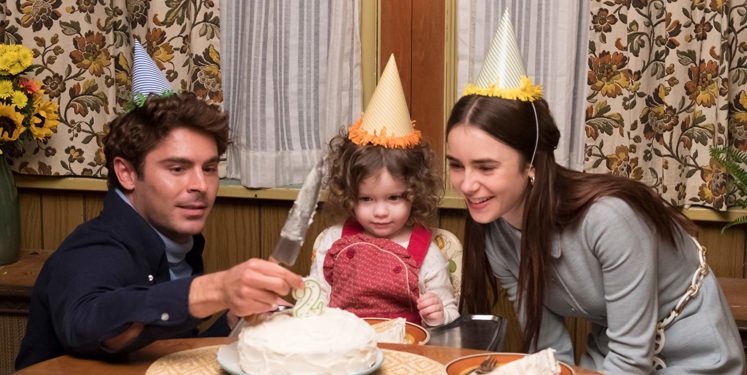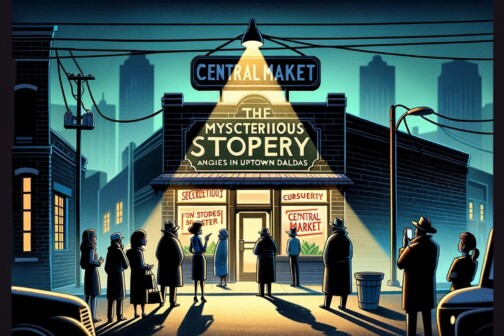As he considered a biopic about notorious serial killer Ted Bundy, filmmaker Joe Berlinger phoned his two college-age daughters.
Neither of them had heard of Bundy, who killed dozens of girls and young women during the 1970s before being executed in 1989. It occurred to Berlinger that both of them were in the same age range as most of Bundy’s victims.
So the director figured that Extremely Wicked, Shockingly Evil, and Vile provides a cautionary tale for a new generation about a subject whose impact on pop culture and the criminal justice system often outshined his heinous crimes.
“The lessons of Bundy cannot be overstated. Those we least expect and whom we most trust, often do the most evil in life,” Berlinger said. “The movie is about compartmentalized evil, and about how people can present themselves in one way and be another way. That’s a lesson for a younger generation.”
As a filmmaker best known for true-crime documentaries, Berlinger has observed such behavior through subjects ranging from priests accused of pedophilia to corrupt CEOs.
“We live in an era where people present a certain image of who we are. We all curate our lives. You never really know what the reality is. Just because somebody is charming and good-looking doesn’t make them a good person,” he said. “We want to think that people who do really terrible things are these extreme social outcasts, and they look a certain way and you can spot them a mile away. It gives us this false comfort. Bundy defied all expectations of what a serial killer is. He was given a free pass and exploited that.”
The Netflix film is based on the real-life memoir of Elizabeth Kloepfer (Lily Collins), a single mother who was seduced by Bundy (Zac Efron) as a legitimate companion despite signs of his past criminal behavior. She even stands by him when police arrest Bundy for kidnapping and link him to more serious crimes, namely the sociopathic killings of numerous young women in several states.
“It took people forever to catch on that Bundy was this horrible person,” Berlinger said. “You think these people are not capable of loving relationships, but they are. The script presented a very unique opportunity to turn the serial-killer genre on its head a little bit.”
Berlinger (Metallica: Some Kind of Monster) said he wanted to avoid a standard procedural filled with violent killings where the unsympathetic perpetrator is caught at the end.
“You know this is a movie about a bad guy, and yet you’re almost rooting for him and rooting for the relationship to make it. That’s not making light of a serial killer,” Berlinger said. “That’s a decision to make you understand seductive power and nature of deception. I want the audience to have that same emotion of betrayal and disgust. I want people to be deeply conflicted.”
That strategy extended to the casting process, where Efron (High School Musical) was eager to play against type.
“Zac had a huge transformation to undergo. He was actually my first choice,” Berlinger said. “Some people have said I’m glorifying a serial killer because I’m hiring somebody like Zac Efron, who’s a teen heartthrob. But that’s precisely the point. He was willing to pop a hole in his image. In the eyes of his fans, Zac can do no wrong. So I wanted to play with that.”
Extremely Wicked, Shockingly Evil, and Vile, focuses extensively on Bundy’s 1979 trials in Florida, which coincided with the rise of electronic news gathering, allowing many news organizations to air more live content prior to the proliferation of the 24-hour news cycle.
Berlinger said such unprecedented media coverage inadvertently turned Bundy into a folk hero of sorts, as he defiantly handled his own defense in grandstanding fashion and maintained his innocence before ultimately being convicted multiple times.
“We are living in an obsession of true crime. People can’t seem to get enough of it, and I trace it all the way back to Bundy,” Berlinger said. “That fascination with Bundy combined with this new technology pushed its way into that Florida courtroom. For the first time, Americans were allowed to sit in their living rooms and were ‘treated’ to serial murder and serial rape as live mainstream entertainment. The coverage of Bundy and the coverage of that trial, in particular, was kind of a precipitating event.”






